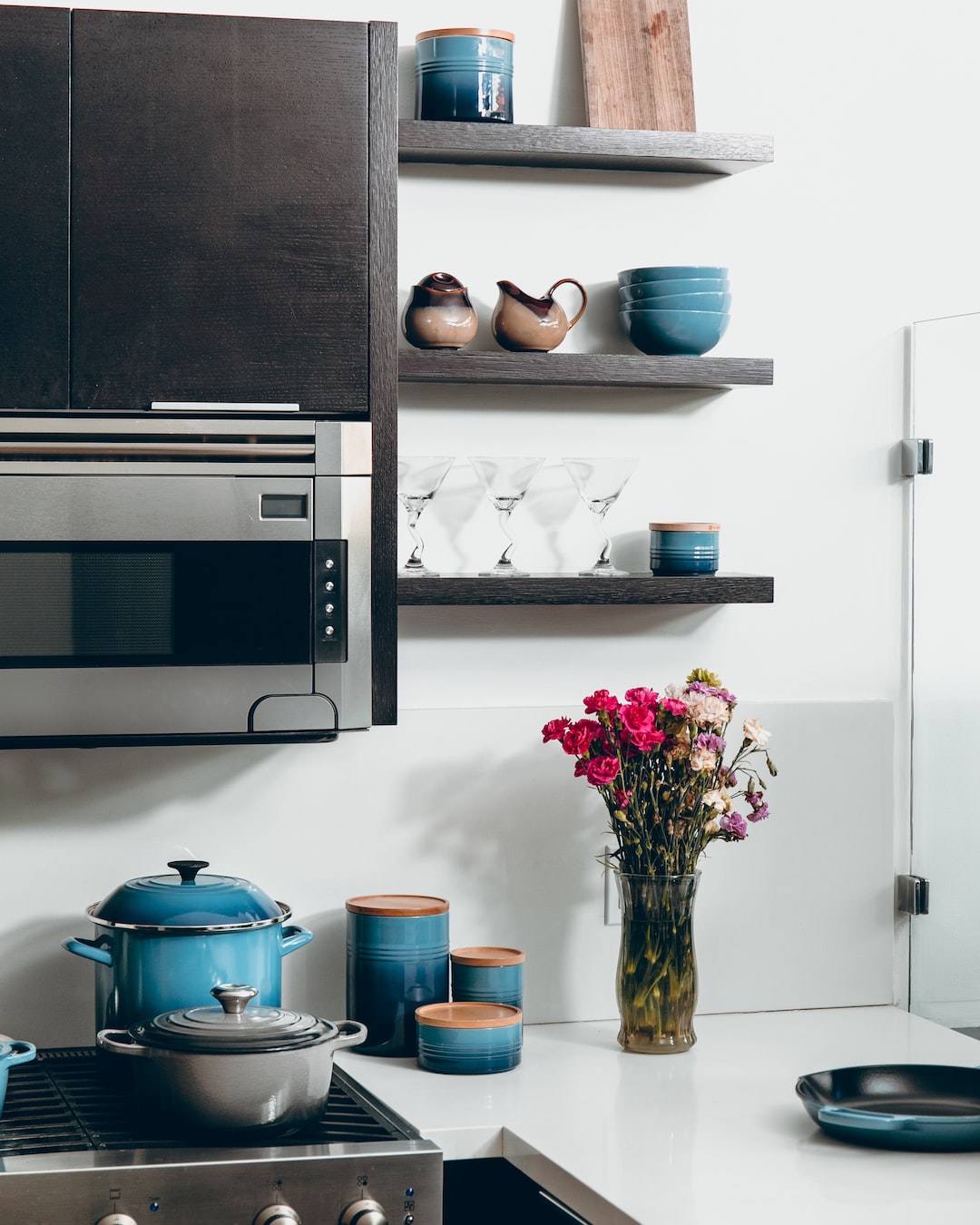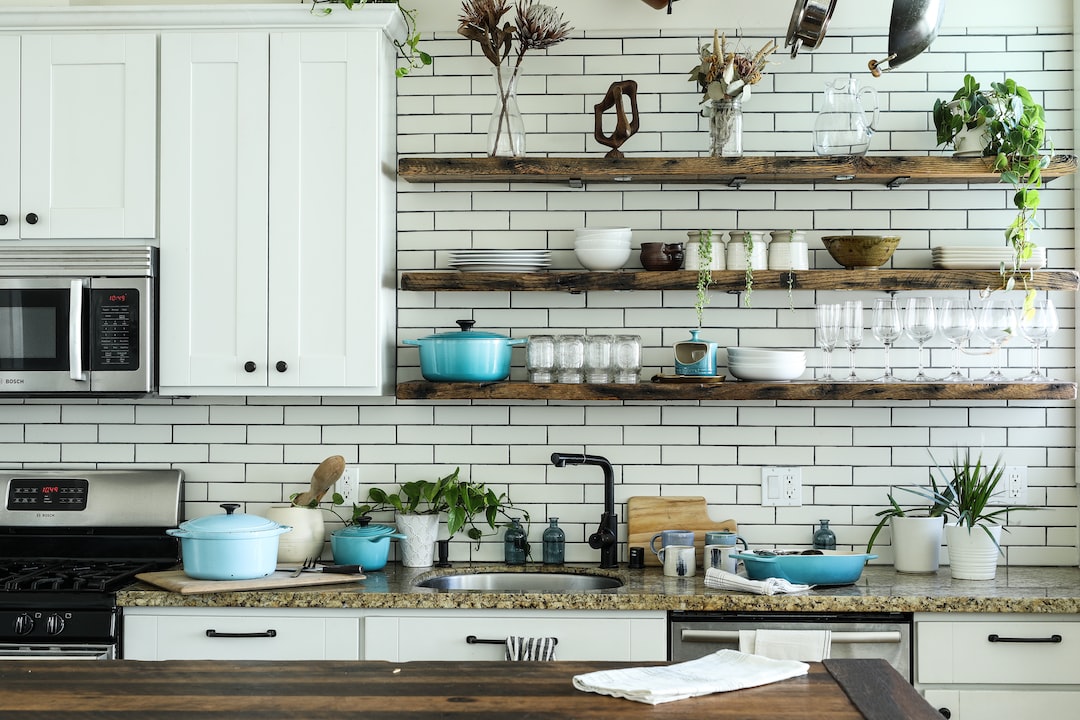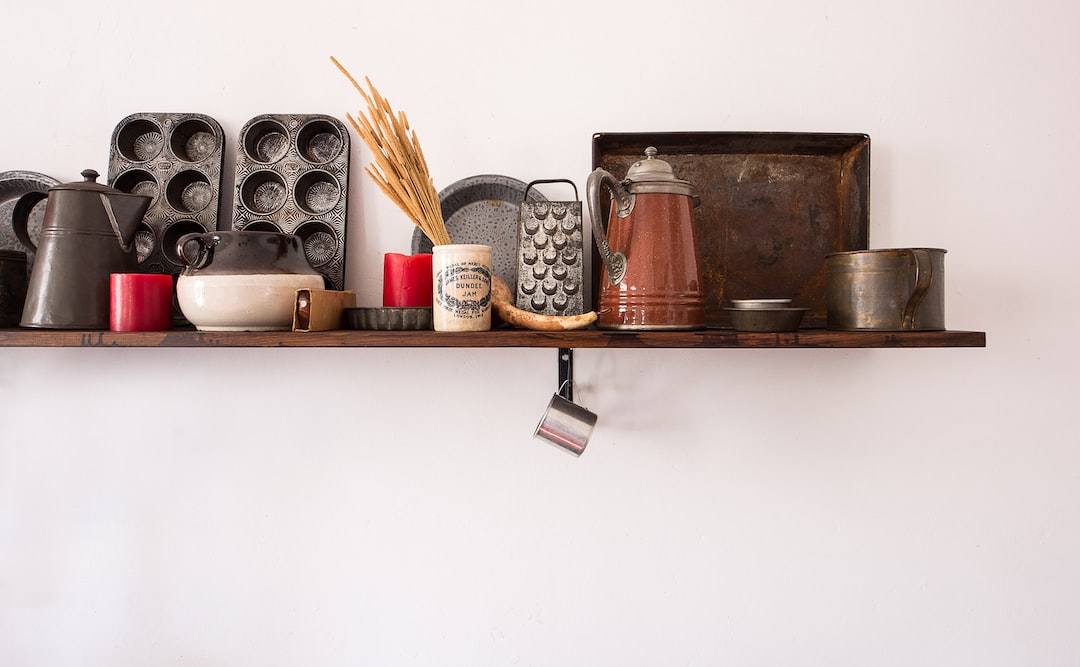Ladle of Contents
Key Takeaways:
– Utensils for stainless steel cookware come in various materials, each with its own advantages and considerations.
– Bamboo utensils are sustainable but require special care.
– Wooden utensils are classic and eco-friendly but need regular maintenance.
– Silicone utensils are affordable, heat resistant, and flexible, but some may have durability issues.
– Metal utensils are durable and easy to clean but can cause scratches on stainless steel cookware.
Bamboo Utensils: Sustainable and Stylish
Bamboo utensils have gained popularity in recent years due to their sustainability and stylish appearance. Bamboo is a fast-growing and renewable resource, making it an eco-friendly choice for utensils. These utensils are lightweight, comfortable to hold, and have a natural resistance to bacteria. However, it is important to note that bamboo utensils require special care to maintain their quality.
When using bamboo utensils with stainless steel cookware, it is recommended to hand wash them instead of using a dishwasher. The high heat and harsh detergents in dishwashers can cause the bamboo to warp or crack. Additionally, bamboo utensils should be dried thoroughly after washing to prevent moisture from seeping into the material and causing damage.
Another consideration with bamboo utensils is the occasional need for oiling. Applying food-grade mineral oil to the utensils helps to prevent drying and cracking. This step is especially important if the utensils are exposed to excessive heat or moisture. By properly caring for bamboo utensils, they can last for a long time and maintain their stylish appearance.
Wooden Utensils: Classic and Eco-Friendly
Wooden utensils have been used in kitchens for centuries and are known for their classic and timeless appeal. Like bamboo, wooden utensils are also eco-friendly as they come from a renewable resource. They are gentle on stainless steel cookware, reducing the risk of scratches and damage.
However, wooden utensils require regular maintenance to keep them in good condition. They should be hand washed and dried immediately after use to prevent staining and warping. Unlike bamboo utensils, wooden utensils need to be oiled more frequently to maintain their smoothness and prevent drying. Food-grade mineral oil or beeswax can be applied to the utensils to keep them moisturized and protected.
It is important to note that wooden utensils are not suitable for high-heat cooking. Exposing them to excessive heat can cause them to warp or crack. Therefore, it is recommended to use wooden utensils for stirring, flipping, and serving rather than for cooking over high temperatures.
Silicone Utensils: Affordable and Heat Resistant
Silicone utensils have gained popularity in recent years due to their affordability, heat resistance, and flexibility. They are available in a wide range of colors and designs, adding a fun and vibrant touch to the kitchen. Silicone utensils are heat resistant, making them suitable for use with stainless steel cookware on high heat.
One of the advantages of silicone utensils is their affordability. They are generally more budget-friendly compared to bamboo or wooden utensils. However, it is important to note that not all silicone utensils are created equal. Some lower-quality options may contain fillers that reduce their durability and heat resistance. Therefore, it is recommended to choose silicone utensils from reputable brands that use food-grade silicone.
Another consideration with silicone utensils is their flexibility. While this can be an advantage for certain tasks, such as scraping the sides of a bowl, it can also be a disadvantage when it comes to heavier tasks. Silicone utensils may not provide the same level of control and precision as bamboo or wooden utensils, especially when dealing with heavier ingredients or mixing thick batters.
Metal Utensils: Durable and Easy to Clean
Metal utensils, such as stainless steel or aluminum, are known for their durability and ease of cleaning. They are heavy-duty and can withstand high temperatures, making them suitable for various cooking tasks. Metal utensils are also dishwasher safe, saving time and effort in the kitchen.
When using metal utensils with stainless steel cookware, it is important to note that they can cause superficial scratches on the surface. While these scratches do not affect the performance of the cookware, they can be unsightly. To minimize the risk of scratches, it is recommended to use metal utensils with care, avoiding excessive force or scraping against the cookware.
Additionally, it is important to choose metal utensils made from high-quality materials. Lower-quality metal utensils may be prone to rusting or bending, reducing their lifespan. Investing in well-made metal utensils ensures their durability and longevity in the kitchen.
Considerations for Choosing Utensils for Stainless Steel Cookware
When selecting utensils for stainless steel cookware, there are a few key considerations to keep in mind:
1. Compatibility: Ensure that the utensils are suitable for use with stainless steel cookware and do not cause damage or scratches.
2. Heat Resistance: Consider the temperature range the utensils can withstand, especially if you frequently cook at high temperatures.
3. Maintenance: Evaluate the care requirements of the utensils and determine if you are willing to invest the time and effort in their upkeep.
4. Personal Preference: Consider your cooking style, comfort, and aesthetic preferences when choosing utensils.
By considering these factors, you can select the most suitable utensils for your stainless steel cookware that meet your needs and preferences.
Conclusion
Choosing the right utensils for stainless steel cookware is essential for maintaining the quality and longevity of both the cookware and the utensils themselves. Bamboo utensils offer sustainability and style but require special care. Wooden utensils are classic and eco-friendly but need regular maintenance. Silicone utensils are affordable, heat resistant, and flexible, but quality varies. Metal utensils are durable and easy to clean but can cause superficial scratches. By considering the advantages and considerations of each type of utensil, you can make an informed decision and enhance your cooking experience with stainless steel cookware.








